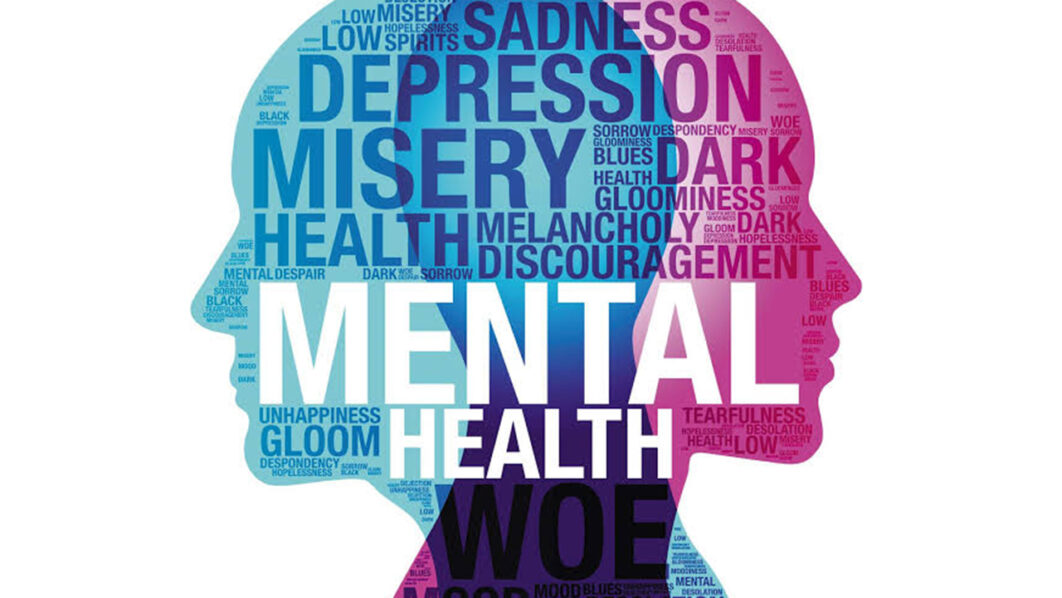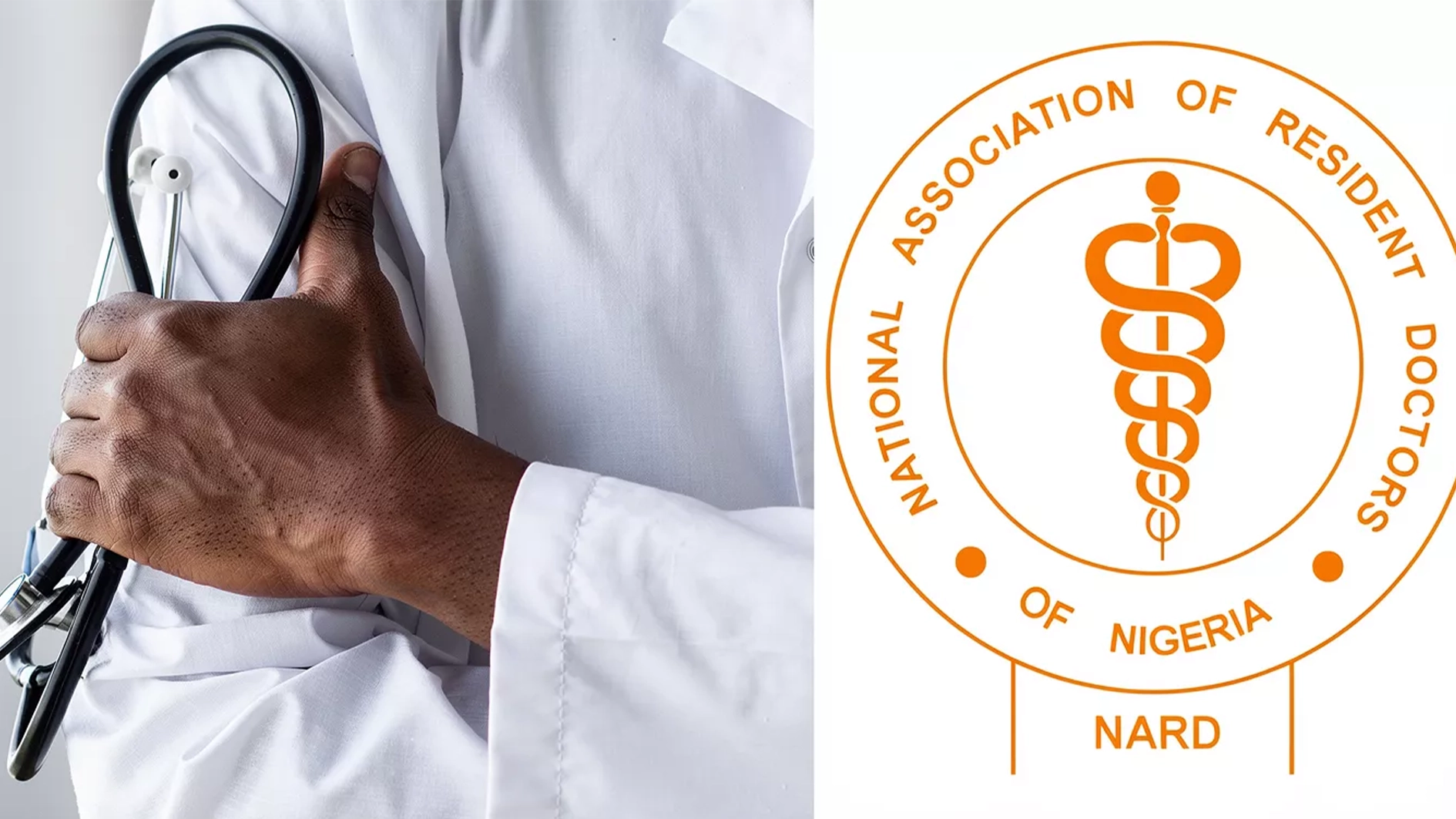
•‘Budget allocation shows less priority to mental health’
•WHO urges countries to decentralise, integrate mental health in PHC
Two years after the gazette of the Mental Health Act 2021, the federal government has failed to create a Department of Mental Health Services in the Federal Ministry of Health (FMoH) and increase its budgetary allocations.
The mental health of average Nigerians continues to nose-dive in recent times with hospitals recording a surge in the number of new cases, which the dwindling number of psychiatrists has worsened.
This was made known by the Association of Psychiatrists in Nigeria (APN) during this year’s World Mental Health Day themed: ‘It is Time to Prioritise Mental Health in the Workplace’, which focused on maintaining a safe work environment that promotes mental health and wellbeing.
The association’s President, Taiwo Obindo, told The Guardian that budgetary allocation of mental health shows that the government did not prioritise mental health as only about three per cent of the total health budget was allocated to mental health.
Obindo explained that more than 90 per cent of the allocation goes to the Federal Neuropsychiatric Hospitals (FNPHs), adding that for Nigeria to achieve sustainable development goals, mental health must be accorded more than lip service.
According to him, the bed spaces at different hospital facilities are always occupied, indicating the increased prevalence. He lamented that the situation is worse due to the unavailability of mental health practitioners and the need for a national survey to understand the actual situation.
Obindo linked the surge in new cases to economic shocks, saying that the harsh socioeconomic realities and increasing poverty are fuelling the surge with a widening treatment gap. “If the rates are found to be down, the only explanation would be that those with severe mental health issues have died off since the illness limits their capacity to function and cater for themselves,” he added.
He noted that a lack of effective support and deliberate attempts to make the workplace conducive can worsen mental health disorders in those with illnesses and could lead to the development of new cases of mental health conditions.
Obindo said a poor workplace environment can affect a person’s confidence and identity at work, stressing that interpersonal relationships can lead to low productivity and retrenchment of staff; further worsening economic woes and increasing the burden of disease in the society.
The Guardian learnt that Isolo General Hospital in Lagos was one of the first secondary public hospitals to create a dedicated space for mental health treatment and admissions.
The Managing Director of Isolo General Hospital, Dr Olugbenga Oseni, explained that the space was created when they realised space availability for admissions was constrained.
“If you go to Yaba Psychiatric Hospital, for instance, it’s so difficult to get a bed space when you need admission. I realised that there’s no public secondary hospital that has admission space dedicated to the admission of mental health patients. Occasionally, they admit them among other patients,” he said.
He explained that the newly created unit initially had the challenge of admitting both genders in the same ward, especially when they are aggressive, but the hospital has successfully expanded to male and female wards.
Acknowledging the importance of mental health in the workplace, the CMD pointed out that some of the staff who had debilitating mental situations have been treated at the facility. Oseni noted that the hospital plans to carry out a mental health assessment of staff to promote workplace mental health and wellbeing, as well as aid those who need assistance to get the best support.
MEANWHILE, the World Health Organization (WHO) African region reports that despite progress made, challenges remain in providing adequate health care services and programmes for mental, neurological and substance use. This includes poor awareness, stigma around mental health; limited structured financial investment to address mental, neurological and substance use problems; as well as ineffective integration of mental health into primary health care.
It noted that advancements in the region include a 14 per cent improvement in the ratio of mental health specialists to population in the six years to 2020, as well as the introduction of mental health care training for primary health care workers in 79 per cent of African region countries.
According to the report, 28 per cent of countries in the WHO African Region have integrated mental health and psychosocial support into their preparedness plans for future health crises, while three-quarters have a national mental health policy, and 57 per cent have mental health laws compliant with international human rights instruments up from 31 per cent in 2014.
WHO Regional Director for Africa, Dr Matshidiso Moeti, said that although countries are making positive steps forward to address mental health challenges, urgent action is needed to accelerate action to better protect and promote mental health.
“We’re working closely with countries to strengthen action for comprehensive response to mental health and enable transformation towards better mental health for all,” she added.
The report also highlighted that only eight of the 47 countries in the region have work-related mental health prevention and promotion programmes and only three have active collaboration between government mental health services and ministries or departments of labour and employment.
The organisation said it is supporting countries to decentralise and integrate mental health at the Primary Health Care (PHC) level and integrate mental health into other health services such as early childhood development programmes.






